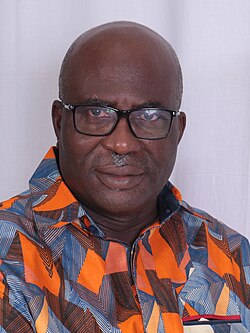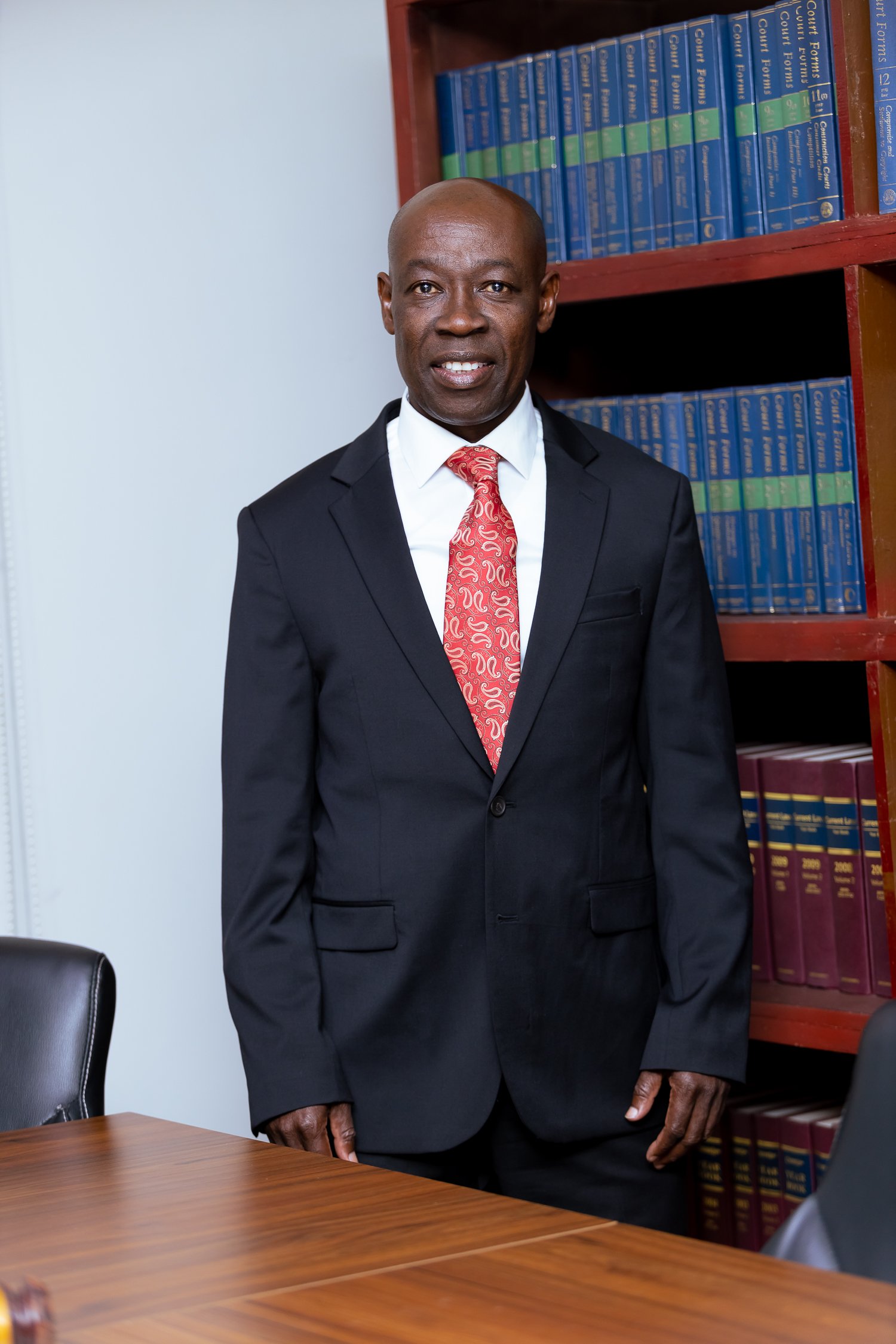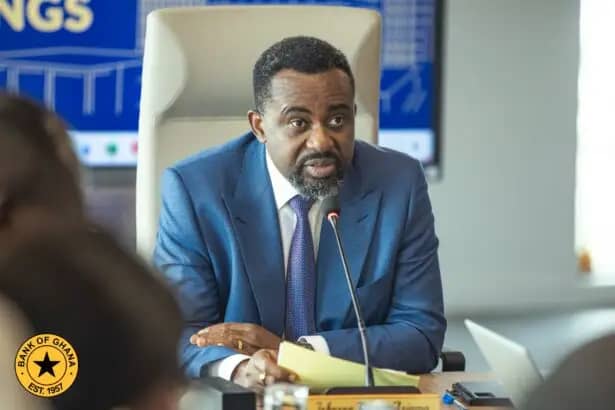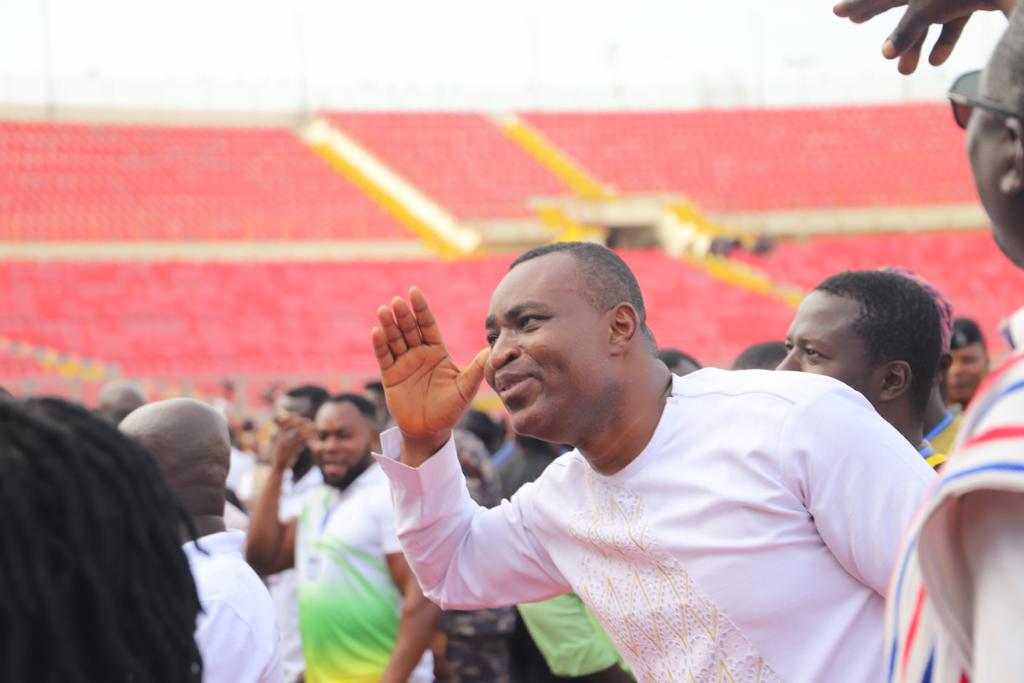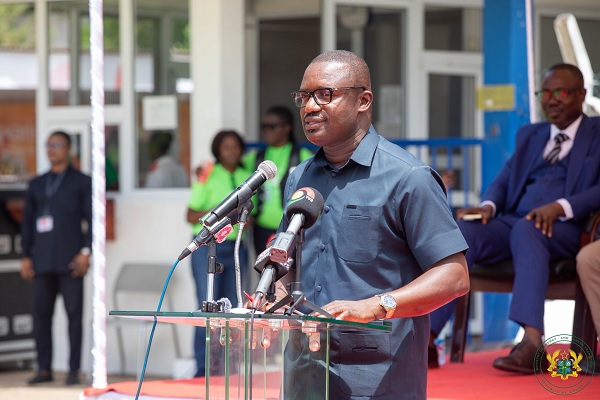People know what problems they face, but they don’t always know how they can solve them.
Kojo Fordjour was saying that about a small town in Ghana, but he could have been talking about any community where obvious problems go unaddressed. Sometimes people wait for instructions from above, money from outside, action from authorities, when they need to put their own shoulders to the wheel.
And well-meaning projects fail when they don’t get upfront input from people closest to the need.
Fordjour is working to change those dynamics in the town where his mother lives, Ejisu, 12 miles east of Kumasi.
Fordjour, who came to the United States 27 years ago for college, has a master’s degree in environmental studies and resource planning. He’s the environmental and permitting manager for Washington State Ferries, but someday he plans to retire in Ejisu.
Doing early retirement planning is always a good idea.
“Ghana is just beginning to take off, and I want to be part of that journey,” he told me.
So, Fordjour is trying to apply what he’s learned here about community planning to Ghana, which has set itself the goal of becoming a middle-income society by 2015.
The country is making progress (the poverty rate has dropped nearly by half over the past 15 years), but much of it is driven from the top down and focuses on big cities and big businesses. Leaders focus on big ideas and “forget about where are people going to live, how are they going to get to work,” Fordjour said.
People follow opportunity, so urban areas are becoming congested. Crowding creates its own problems, which is why 10 years ago he moved his mother out of booming Kumasi to a house he built for her in Ejisu where she grew up.
His visits to the area and conversations with locals made the unevenness of development clear and convinced him something needed to be done.
At first, he said, “the community thought I came with money to build something for them. I told them I came to listen. What is your town like today? What do you want it to be? What do you need to do to get to where you want to be?”
Good public policy requires talking to people and understanding how they actually live. Fordjour sees community planners playing a key role in that, guiding people into the process of taking charge of the direction of their communities.
When small towns don’t have a comprehensive plan, Fordjour said, the district executive puts something together for them. If there is a crime problem, he may send more police, when the town really wants better lighting.
This year he began a relationship with Kwame Nkrumah University of Science and Technology. He took a group of 10 student planners from the classroom into the community.
He wants them to discover the pleasure of working with people who need them most.
Over the coming months and years, he believes students and residents will help each other realize their potential.
His plan, the Ejisu Visioning Project, is a true gift.
Jerry Large’s column appears Monday and Thursday. Reach him at 206-464-3346 or jlarge@seattletimes.com.
Source: GhanaWeb

